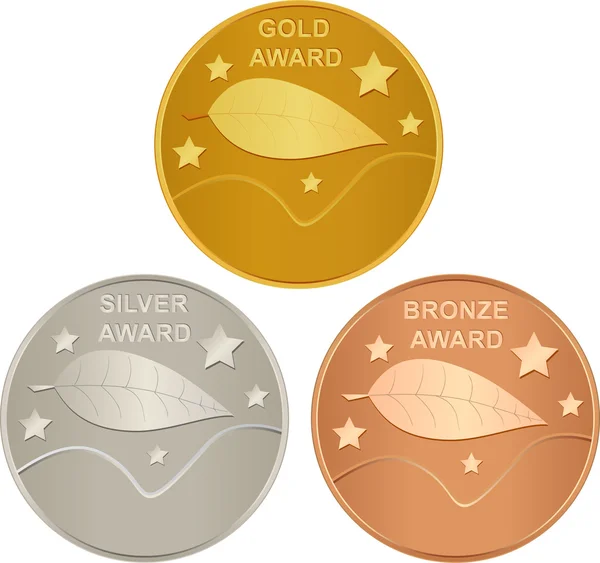I'm going to ask a few of my classmates about the above scenario and see the results. I will ask the following questions: How many people say to turn the person in, how many would say "let it pass"? And do they think the option they chose is ethical?
This was a bad idea. No only did not one of my classmates not want me to ask except for a handful in ethics class, many did not understand the question. If anything, this shows me how little people think about ethical situations on a daily basis. This class is definitley important for the grown of those thoughts, and I realized how lucky I am to have a class that steers me into thinking about this kind of ethical dillemma.
In Class This Week:
This week in class we read a few articles about different kinds of ethical rules and charters. First, we read an article called "The Rules of The Game." It compared several different attitudes toward situations. The main rules were the golden rule, silver rule, bronze rule, iron rule, and others. I name all these because each was a different interpretation on how to handle life. The Golden rule, as we all hear in Kindergarden, is "Treat others like you want to be treated." The Silver Rule, a more negative way of going about the golden rule is "Don't treat others in ways you don't want to be treated." Both arguments are found worldwide, but only the west seems to support the Golden Rule, even if no know follows it. Cofucius made a good point when speaking of repyaing evil with kindness, he said, "Then with what will you repay kindness?" That's when the silver rule makes more sense, and is probably the rule least refuted in the paper, but I have to wonder what is the difference between the two other than putting a negative connotation to one. The bronze rule is "Do unto others as they do unto you." I don't like this rule at all because it does not give reason for someone to take the high road, which I think is important for the human race or we would all battle each other to death. The Iron rule, "do unto others as you like, before they do it unto you," which is a ridiuculous rule and should not be in an article about ethics. The last thing the author mentioned was the "Suck up to those about you, and abuse those below and give precedence in all things to close relatives, and do as you like to others." I don't think these are ethical laws, but they are certainly realistic because they bring in natural social classes and importance to the social aspects of people.

The other charter we looked at was The Charter of Compassion. Though I do think human compassion is one thing that supports ethics greatly, I do not think that this charter did a good job. It came across conceded and had insignificant points. The main problem with it, I thought, was denying self-interest and calling violence illegitament. Both are natural human occurances that have to be dealt with. The biggest ethical dilemmas usually involve violence, so how can an entire race of people simply disregard it? The charter is too utopian for it to actually work in the modern world.
Another code of ethics, that I am bringing into the discussion but don't necessarily agree with, is Capitalism. The western world follows capitalism, worships it, and buys into it so quickly it rules our lives. The economy drops, so do the ratings of the president, the economy raises, the world is a better place. People want profit, the richer you are the better off you are. Is this ethical? Is this right? Everyone does it, the entire world is functioning on some sort of competitive economy. What would we do without our code of capitalism?
Question for next week
In researching charities, I also came across some other interesting organizations, such as 10000 villages, that I don't know if they really classify as charties or not. Is 10000 villages a charity? What is it's main purpose? Is it effective?

Sources
Armstrong, Karen. "Charter for Compassion." Charter for Compassion. Web. 02 Feb. 2011. http://charterforcompassion.org/site/.
Sagan, Carl. "The Rules of the Game." Web.
Ten Thousand Villages. A Fair Trade Retailer. || Learn about Fair Trade, Find Special Gift Ideas & Shop for Unique Handicrafts from around the World. Web. 02 Feb. 2011. <http://www.tenthousandvillages.com/>.
No comments:
Post a Comment